A Beginner’s Guide to Basic Embroidery Stitches
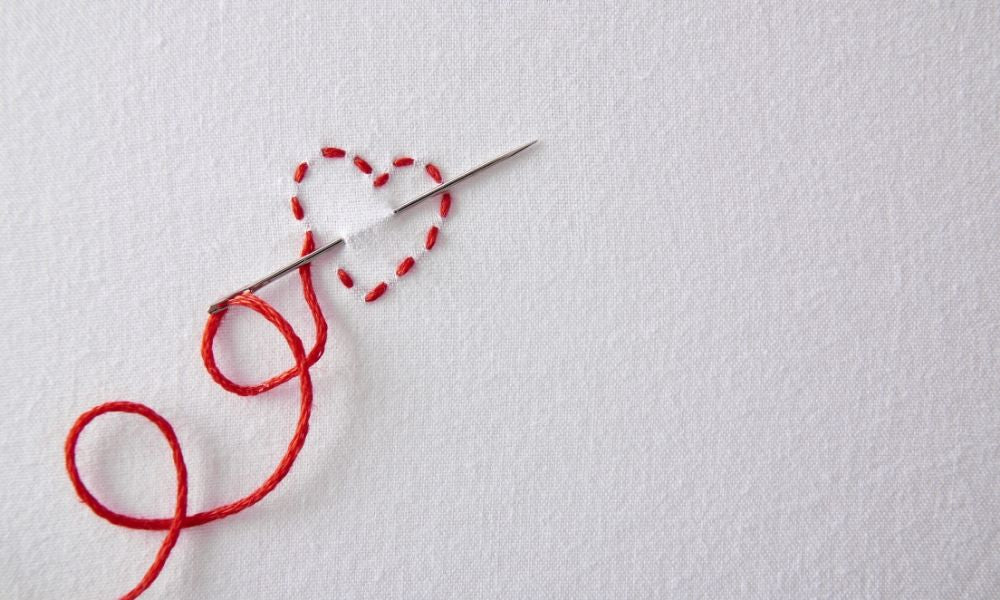

Crafting is one of the best ways to release tension. It’s simple, it’s calming, and it’s good for your dexterity. Embroidery is one of those crafts that gets your fingers working and keeps your mind from overthinking. If that’s just what you need during times like these, take a look below at a simple beginner’s guide to basic embroidery stitches. Pair this with our post on beginner embroidery tips, and you’ll be on your way to Pinterest-worthy designs!
Running Stitch
We talk about the running stitch in our beginner embroidery blog, but it’s never a bad idea to explain it again. This is the most basic stitch for embroidery—you’ll know what to do before you do it. Insert your needle up through the fabric and then back down a space away from your last stitch. To get the hang of embroidery, start here and make your way up.
Backstitch
Another stitch that you’ll use a lot in your projects is the backstitch. Unlike the running stitch, where there are spaces between each line of thread, the backstitch creates one, continuous line of thread. It’s perfect for word designs or outlining. Come up through the back of the fabric at point A; then bring the needle back down a length backward at point B. Then stitch up a length farther than point A, and this will be point C. Then bring the needle back down through Point A. You should have created a straight line of thread!
Satin Stitch
This is the stitch embroiderers use to fill shapes and is actually quite simple. Once you’ve got the outline of a shape, use this stitch to fill in the design. Bring your needle up from one side of the shape outline, and then bring your needle back down on the other side of the outline. Start with the smallest section of the design and go from there! This stitch will work with any smooth shape.
Chain Stitch
If you want a line to stick out, use the chain stitch. It forms a row of linked stitches that provide more texture to your project. Once you can work it forward and backward, try out some of the other variations as well, such as the Lazy Daisy Stitch. There are tons of different ways to work a chain stitch, and this one from Sublime Stitching is one of the best for beginners!
French Knot
French Knot is a great stitch for beginners to learn—they’re fun to make and are useful as decorative accents in projects. Begin the stitch by bringing the needle up through the fabric and pulling quite a bit of floss through. Then wrap the floss 1–3 times around the needle (depending on the size of the knot) and, while holding the floss taut, push the needle back down right next to the first hole. This should create a little knot that you can use as accents or to fill designs.
These are just a few of the many embroidery stitches you can learn as you delve into this craft. For all of your embroidery supply needs, turn to Lindley General Store. We have all you need to get started, as well as a variety of other needle art and crafting fabrics in Canada. Take a look at our site and fall in love with our products!

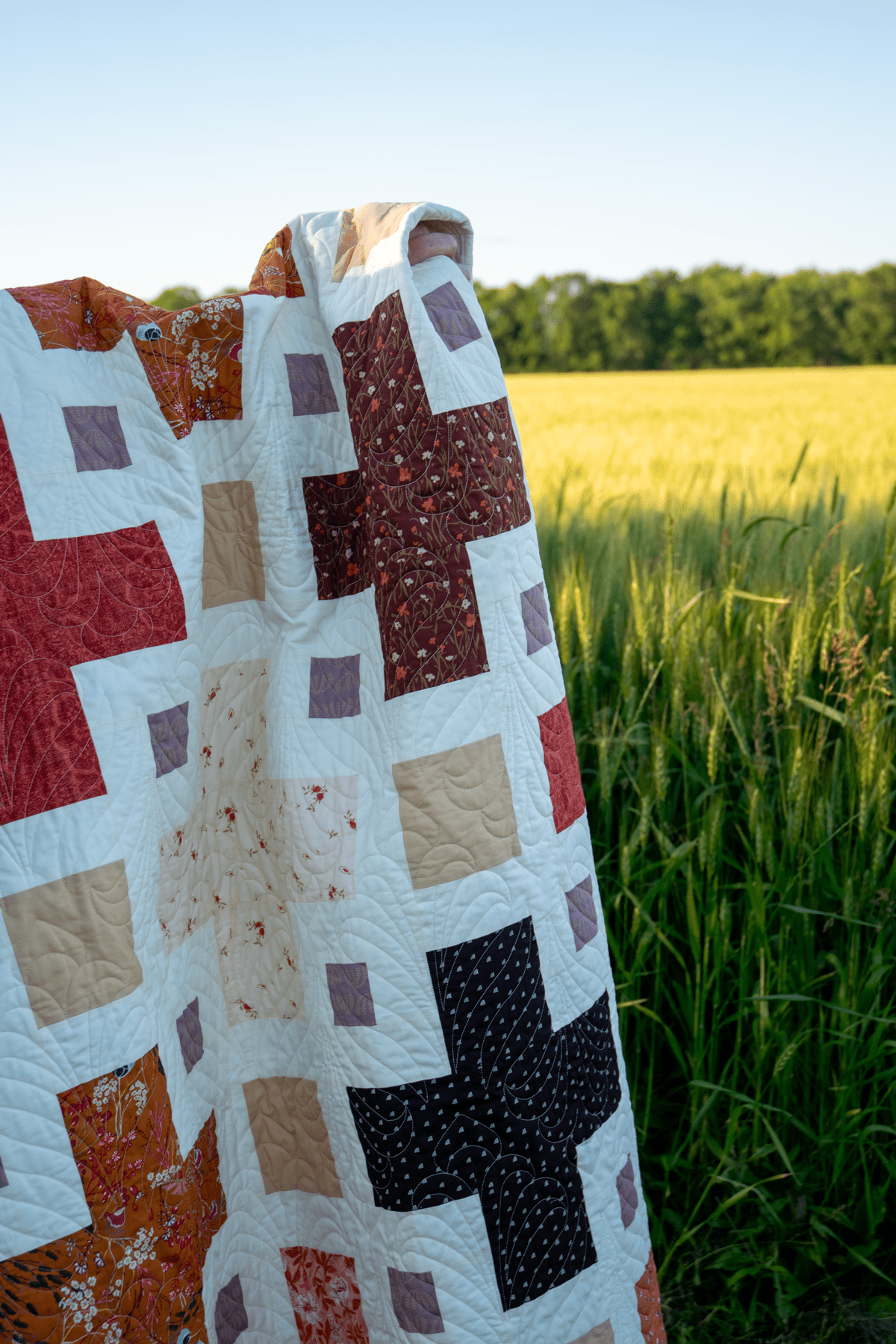

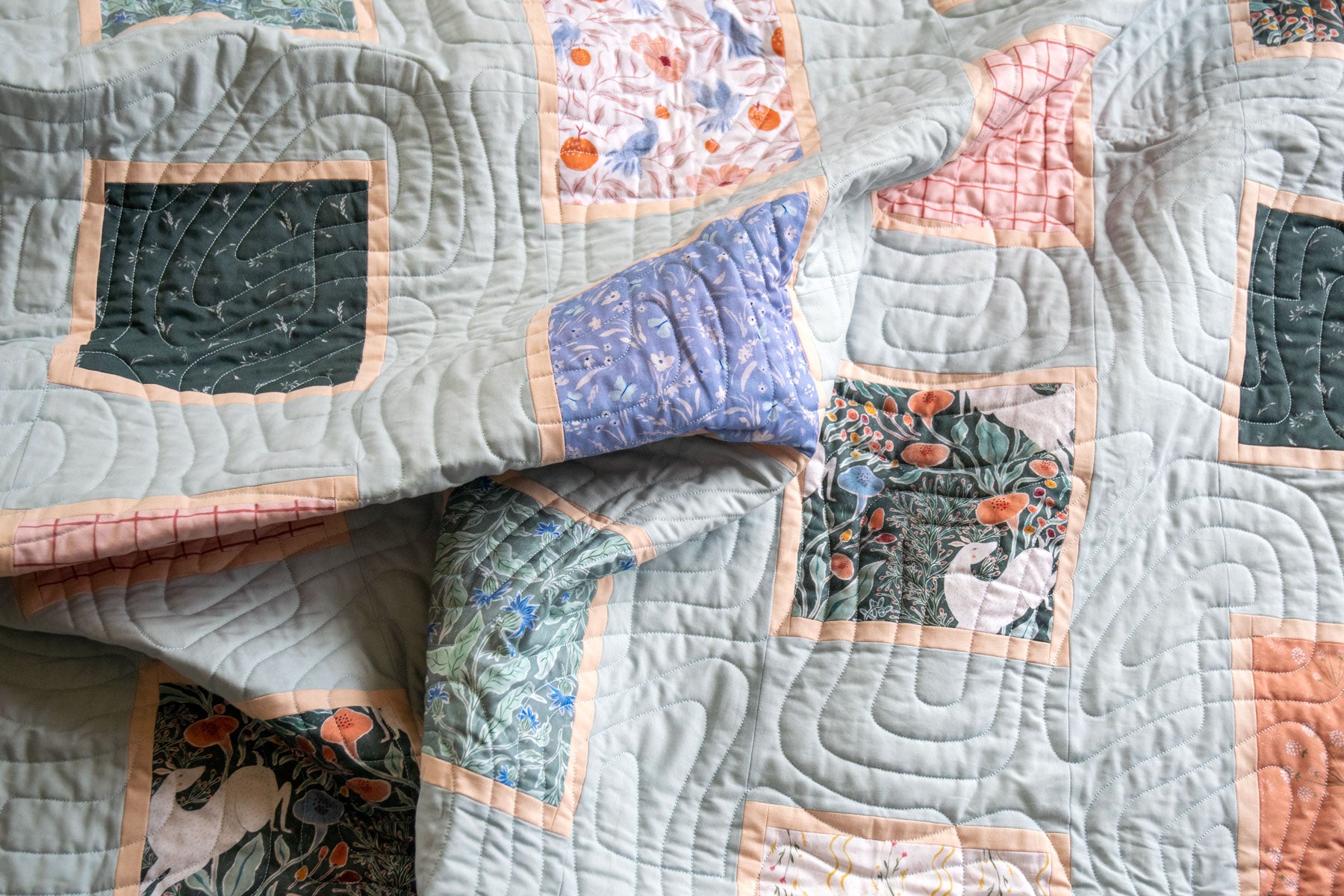

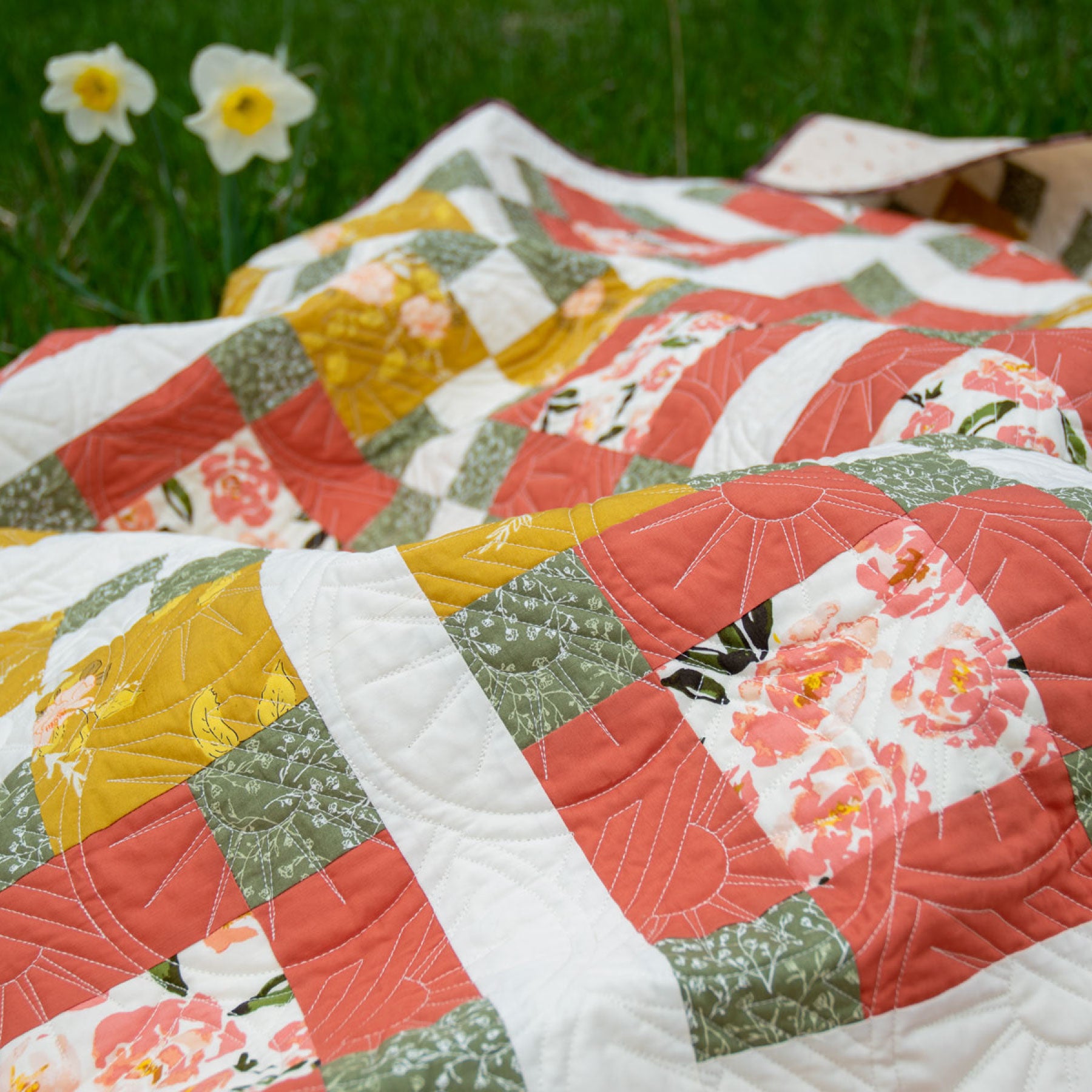

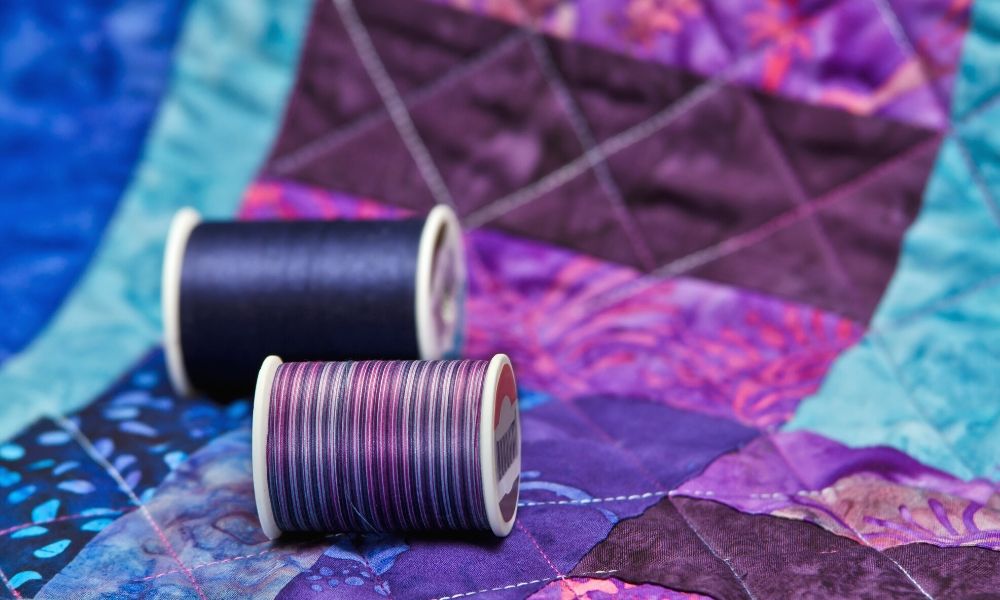
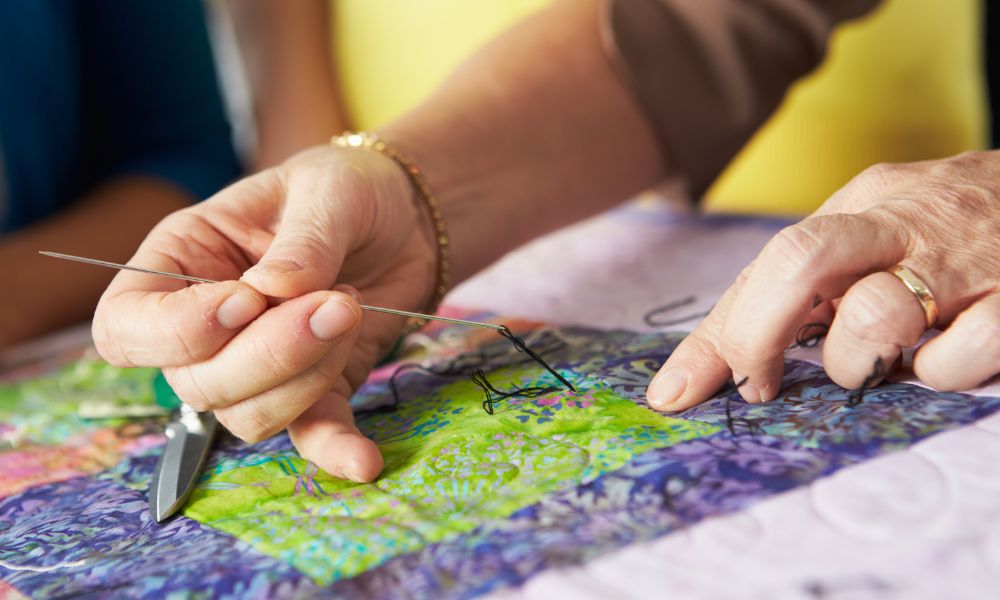
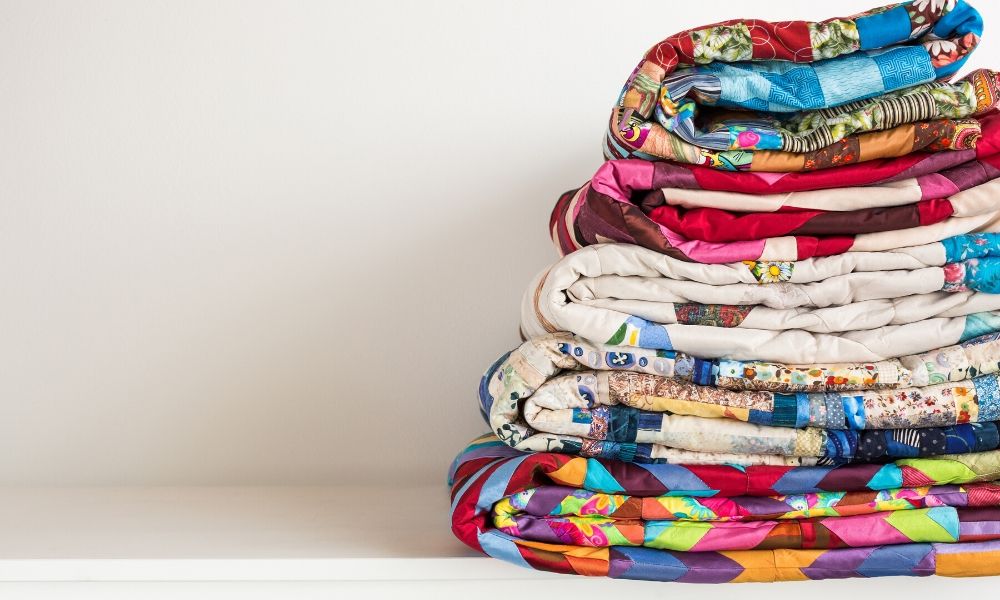
Comments